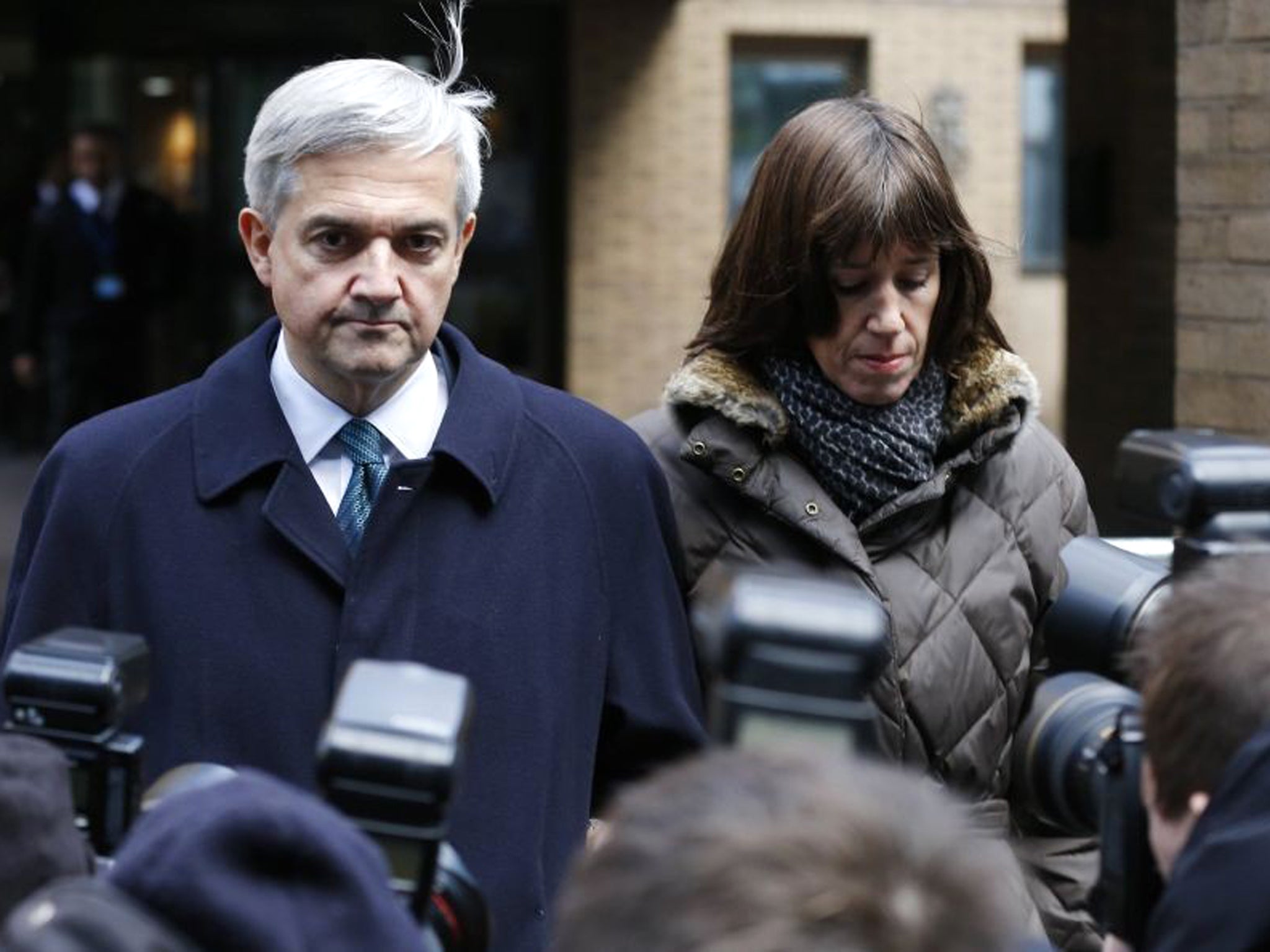Debate: After Huhne's resignation, should a politician's private life influence his or her professional reputation?

Your support helps us to tell the story
From reproductive rights to climate change to Big Tech, The Independent is on the ground when the story is developing. Whether it's investigating the financials of Elon Musk's pro-Trump PAC or producing our latest documentary, 'The A Word', which shines a light on the American women fighting for reproductive rights, we know how important it is to parse out the facts from the messaging.
At such a critical moment in US history, we need reporters on the ground. Your donation allows us to keep sending journalists to speak to both sides of the story.
The Independent is trusted by Americans across the entire political spectrum. And unlike many other quality news outlets, we choose not to lock Americans out of our reporting and analysis with paywalls. We believe quality journalism should be available to everyone, paid for by those who can afford it.
Your support makes all the difference.
What's Going On?
Yesterday Chris Huhne resigned as MP for Eastleigh. As he did so, the central irony of his case, must have been as obvious to him as it has long since become to everyone else: The embarrassment he went to such lengths to conceal - points for speeding - pales in comparison to humiliations caused by his unsuccessful cover-up. An extra-marital affair, a guilty plea and some private text messages later: are politicians private lives always relevant to the public?
Case For: Transparency
The text exchange between Huhne and his son is without question deeply saddening. Nevertheless, the private lives of politicians intertwine with their public duty in ways that – without a press to hound them – we may never discover. Can you lie at home and preach in public? Not with any credibility. Does credibility matter to modern politicians? Of course, they expend great energy telling us how to live our lives – their platform dissolves if they do not live by the same principle. We have the right, not only to know, but to judge.
Case Against: Irrelevance
If the technology had been around in 1960s America, would the extra-marital affairs of MLK and JFK come to light? And would we, the ever-pious public, have let that muddy the clarity of their arguments? Or used it as an excuse to strip them of their power? Probably.
Few would compare Huhne to such leaders, but what was true then remains true now: The way politicians conduct themselves privately is not only irrelevant to how they do their jobs - but ultimately unknowable. "Well-placed sources" and social media indiscretions may make us feel we're privy to secrets, but only the people directly involved will ever who what really went on.
Join our commenting forum
Join thought-provoking conversations, follow other Independent readers and see their replies
Comments